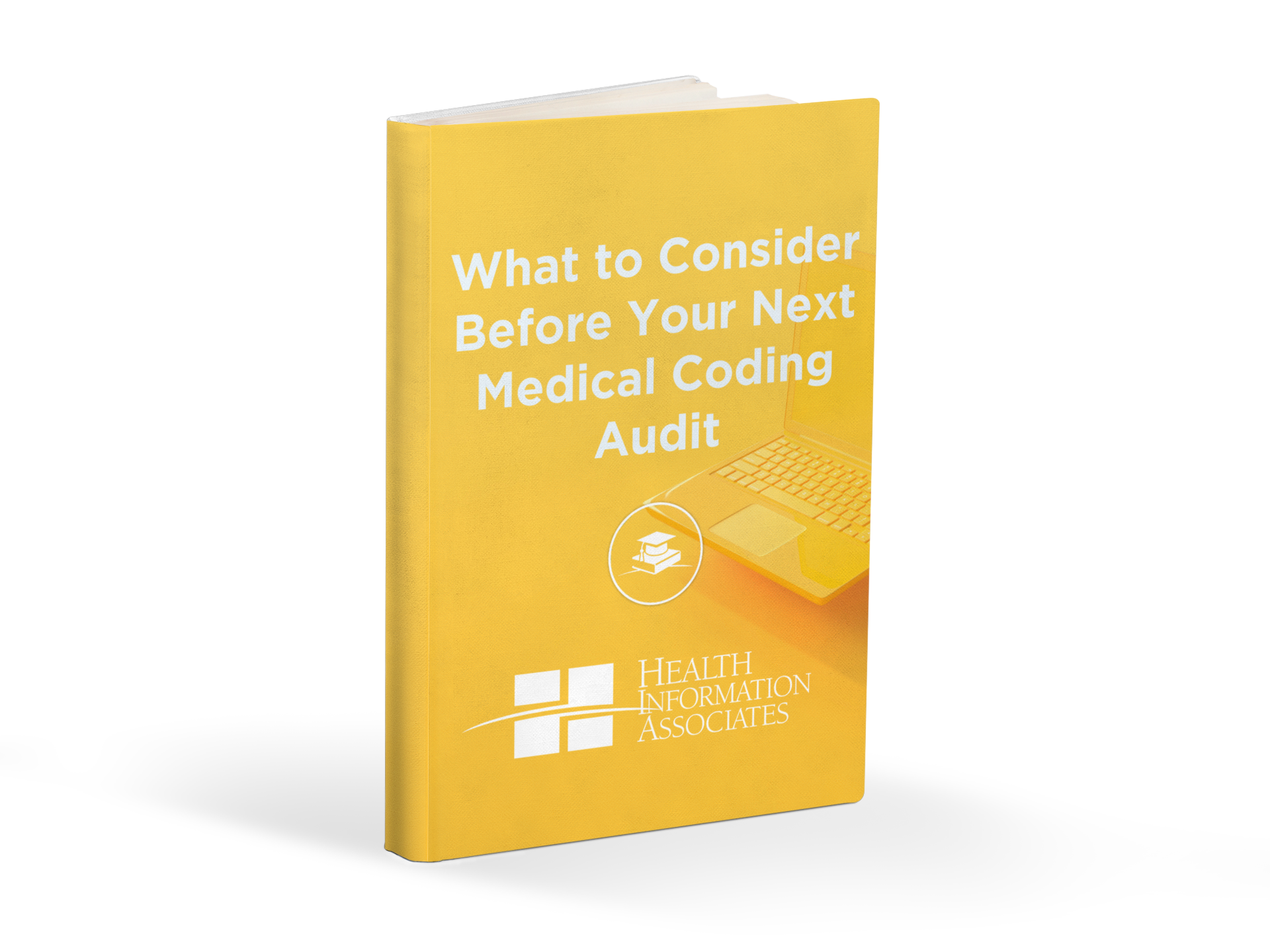Setting
Medical Coding and Auditing for Hospitals
Hospitals
Medical coding and auditing play crucial roles in hospitals for several reasons:
- Accurate Billing and Reimbursement: Accurate coding helps hospitals receive appropriate reimbursement from insurance companies and government healthcare programs. It also minimizes the risk of billing errors, denials, and potential audits that could lead to financial loss.
- Compliance with Regulations: Medical coding and auditing help hospitals comply with various coding and billing regulations, such as those set by the Centers for Medicare and Medicaid Services (CMS) in the United States. Compliance reduces the risk of penalties, legal issues, and reputational damage.
- Revenue Cycle Management: By ensuring accurate coding, hospitals can improve the efficiency of billing processes, reduce claim denials, and accelerate payment cycles. This helps maintain a steady cash flow and financial stability.
- Data Analysis and Research: Consistent and standardized coding enables the analysis of healthcare trends, resource allocation, and quality improvement initiatives. Risk Mitigation: Medical auditing helps identify coding errors, compliance issues, and potential fraud or abuse. By proactively auditing coding practices and documentation, hospitals can detect and rectify any discrepancies before they escalate. This reduces the risk of audits, penalties, and legal consequences.
- Quality of Care and Patient Safety: Accurate coding and documentation provide a comprehensive picture of a patient's medical history, diagnoses, and treatments. This information is vital for continuity of care, coordination among healthcare providers, and ensuring patient safety. Accurate coding also supports accurate reporting of patient outcomes and quality measures.
HIAs credentialed coders are up-to-date on all ICD-10 and CPT coding guidelines. For the past 30 years, we've been performing comprehensive coding audits and providing coding support for our acute care clients across the United States. Our clients range from Critical Access Hospitals to the largest hospital systems in the country.
HOW WE CAN HELP
Our comprehensive approach
Our acute care clients partner with us for:
- PRN and Outsourced Coding Support for Inpatient and Outpatient Records
- Acute Coding Reviews and Clinical Documentation Integrity (CDI)
- Coding Education
- Atom Audit, our Inpatient and Outpatient Medical Coding Audit Tool

Download eBook
What to Consider Before Your Next Coding Audit
A medical coding audit is a process that includes internal or external reviews of medical coding and billing accuracy, procedures or policies in place, and any other component that affects the medical record documentation. Medical coding audits are a preventative measure to catch potential compliance errors that could result in liabilities or investigations. These compliance related issues can also impact your bottom line, your organization’s reputation, and most importantly, the level of care you deliver to your patients. Download our eBook to learn what to consider before your next medical coding audit.



